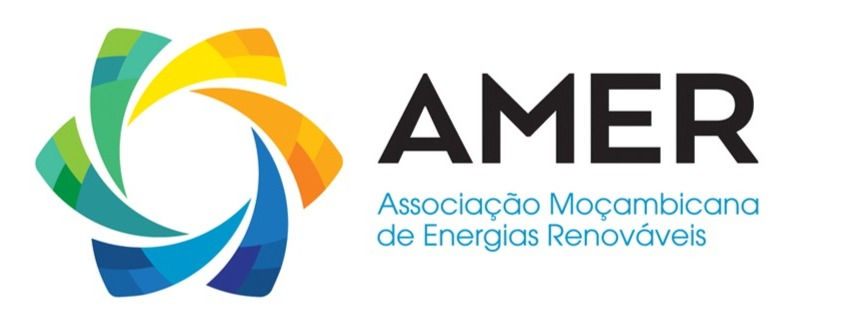AMER: Mozambican women as agents of transformation in Universal Energy Access
- Nicole Gudo

- Apr 21, 2021
- 2 min read
Energy is an essential part of life. Unfortunately, though, not everyone has equal access to it.
There are stark differences between how central countries manage/govern their energy systems based on the “energy trilemma” compared to peripheral countries.
Peripheral African countries tend to view the “transition” to cleaner forms of energy only as a complementary concern, to the primary one of providing access to energy. Mozambique occupies one of the last six places in the energy management performance index. It has a meagre electrification ratio of around 30% even though it is blessed with vast natural resources and has enormous potential for renewable energy.

Universal Energy Access (UEA) aims to ensure the current generation has access to sustainable forms of energy without compromising future generations’ needs. In Mozambique, effectively implementing the UEA depends on many aspects such as geopolitics, gender relations, and social inclusion, etc.
The Mozambican Government has set an ambitious goal to achieve universal access to energy by 2030, as reflected in the 2018 National Energy for All Program (ProEnergia). ProEnergia aims to reach over 370 000 new connections to the national network per year by 2030. The Government recently implemented the Five-Year Plan (2019-2024). This plan aims to increase energy access to 64% by 2024 and sets guidelines to electrify all headquarters administrative posts, increase the contribution of renewable energy sources, and promote the electrification of rural areas through the national grid and solar systems.
Nonetheless, more than 14 million people are expected to remain without access to the grid in the immediate future and will depend on off-grid energy solutions. To solve this, the Government recently launched the Public Access Regulation for Off-grid Energy for public consultation. It establishes the general principles applicable to the supply of (preferably renewable) energy into off-grid areas, focusing on rural areas/remote communities and energy activities for social purposes. The regulation also includes the rules for implementing, managing, operating, and inspecting the respective activities.
The private sector assumes a fundamental role in this. The energy solutions it promotes will allow for greater inclusion and increased opportunities for vulnerable groups, namely women and young girls. In this context, MWE believes that the intersection between gender equality and social inclusion, access to energy from sustainable socio-economic development, and SDGs 5 and 7 offer an untapped set of innovative solutions yet to be explored.
ENERGIA’s “Gender in the transition to energy for all: From evidence to inclusive policies”, and ARE’s “Women Entrepreneurs as Key Drivers in the Decentralized Renewable Energy Sector Best Practices and Innovative Business Models” demonstrate the benefits of adopting a gender approach to energy access interventions and energy policies.
As mentioned by MWE’s Patron, Graça Machel, during her speech at MWE’s General Constitutive Assembly, “we are going to multiply our faces and amplify our voices”. MWE is committed to the mission of achieving universal energy access and energizing equality, as we believe it is a matter of justice, the right to a dignified life. The light to get out of the poverty tunnel.
To read more on this, please click on this link and follow MWE on Linkedin to read more of our blogs.













Comments